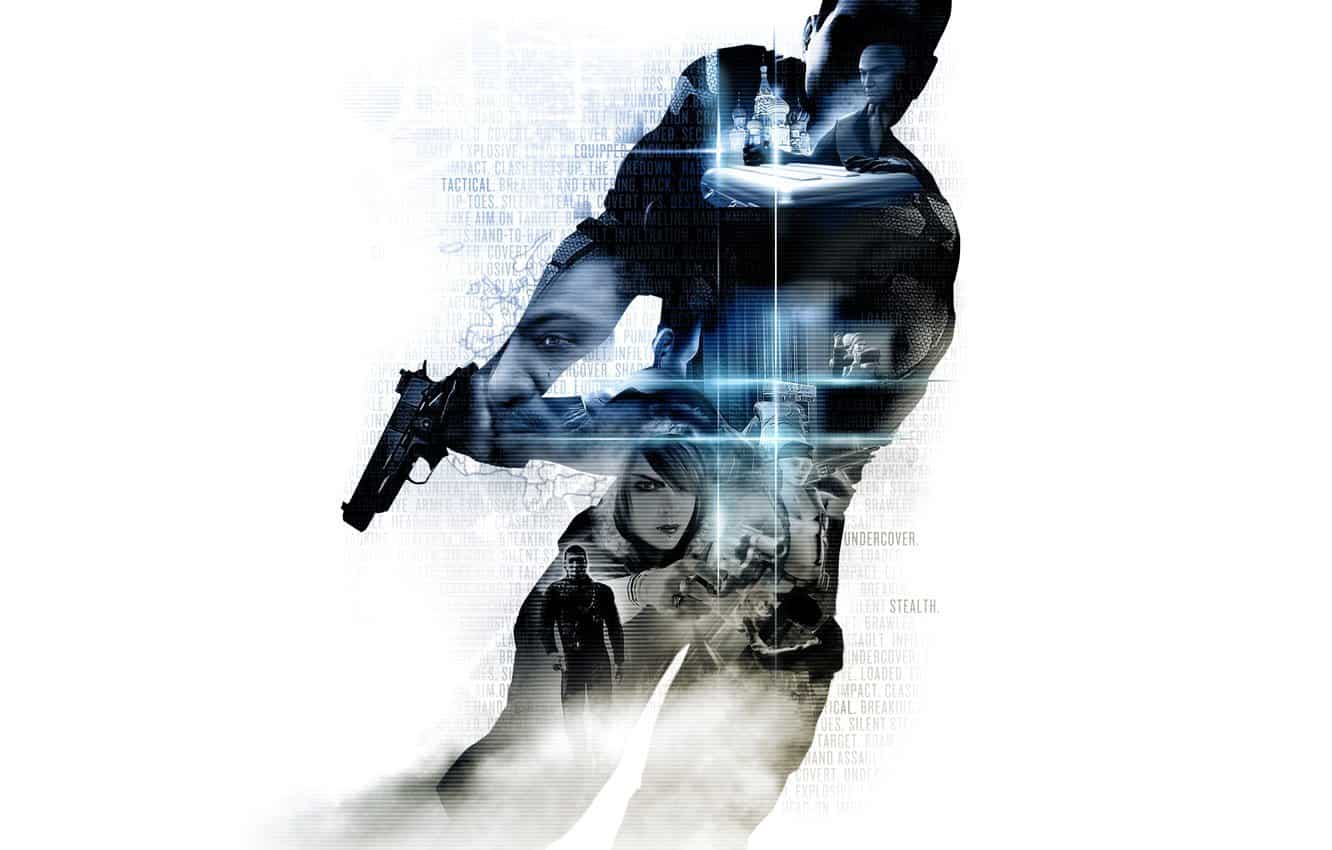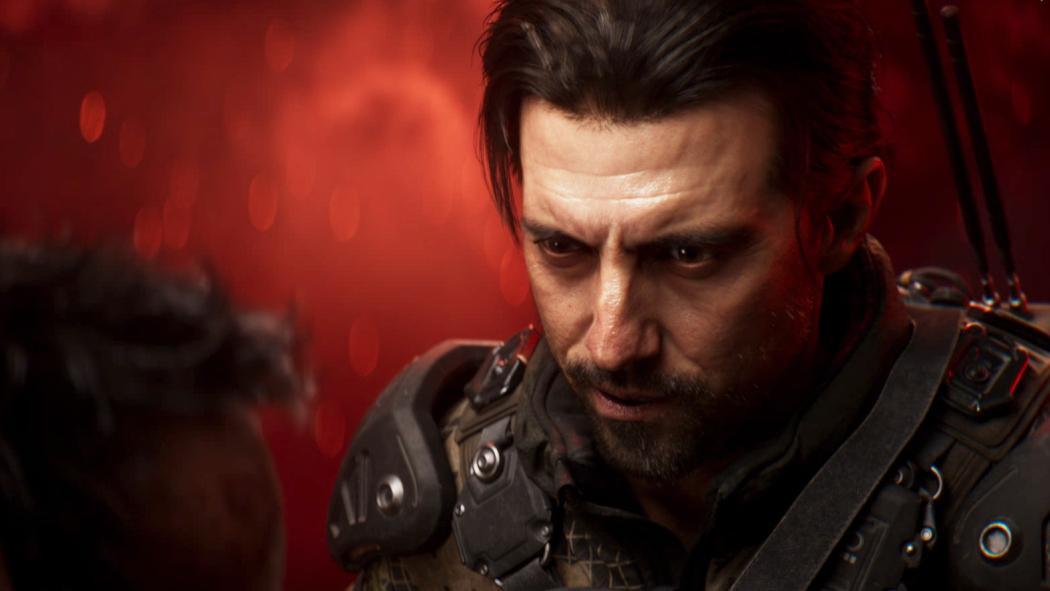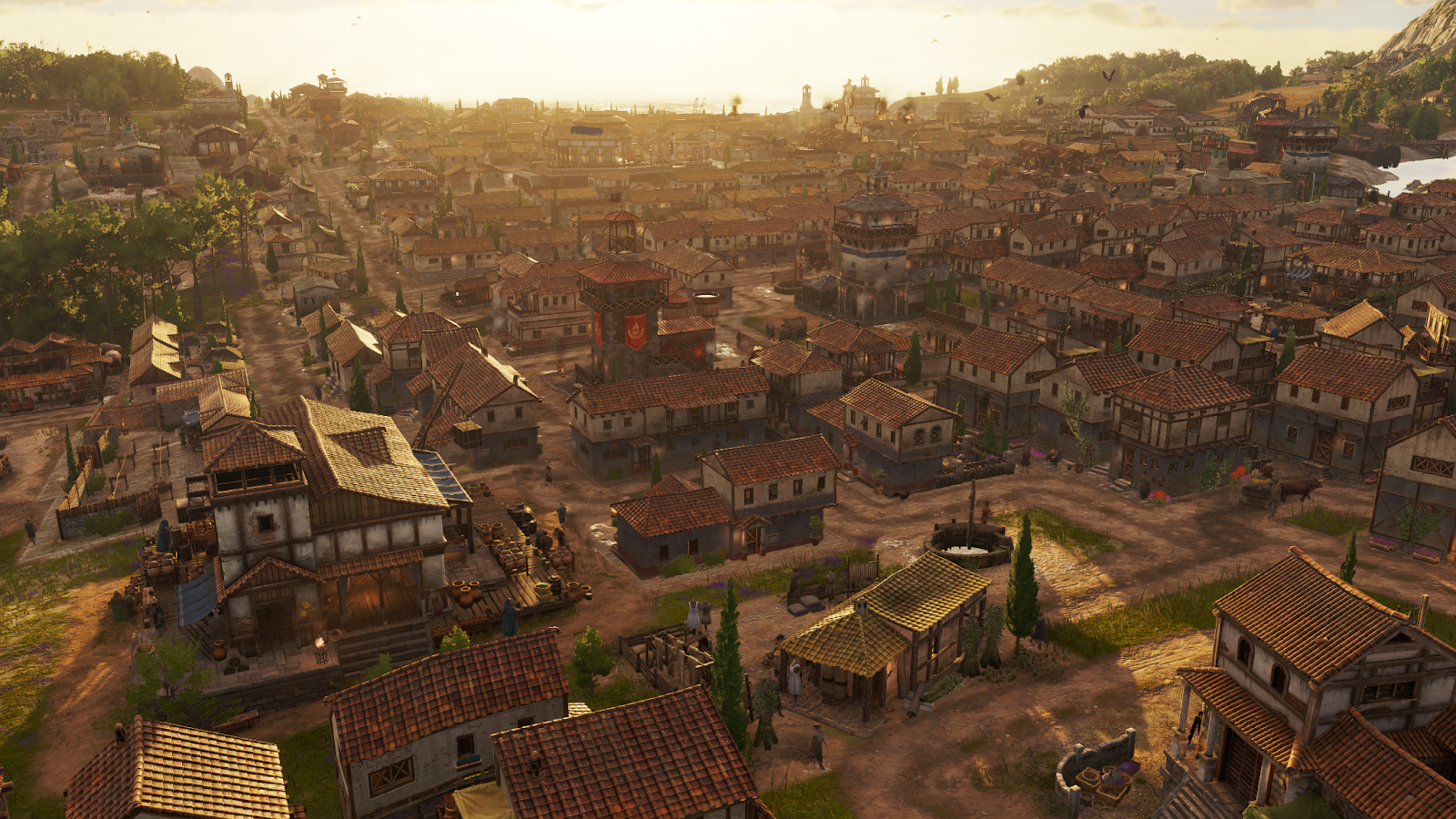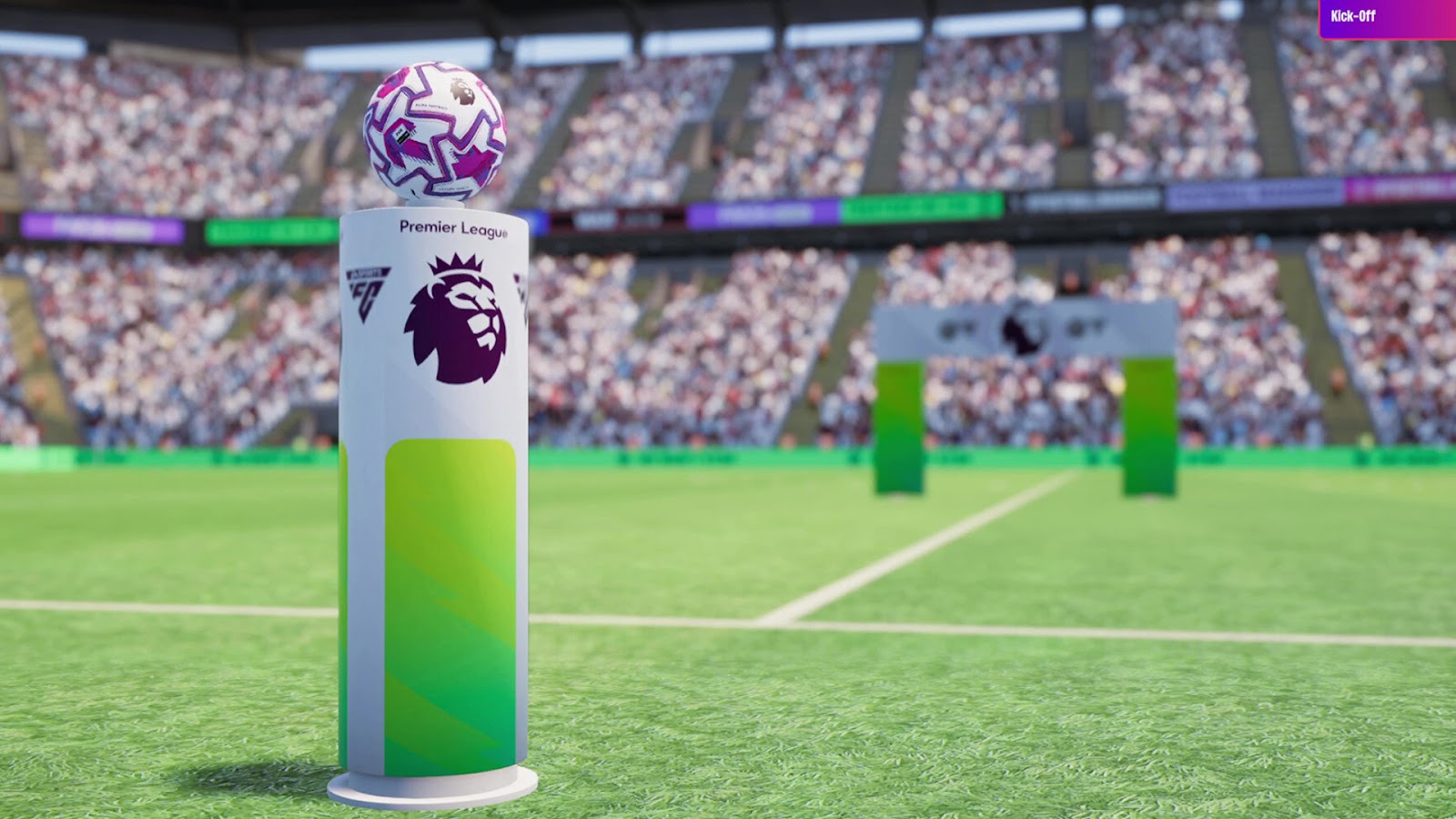You can trust VideoGamer. Our team of gaming experts spend hours testing and reviewing the latest games, to ensure you're reading the most comprehensive guide possible. Rest assured, all imagery and advice is unique and original. Check out how we test and review games here
If pursuing a career in games journalism hadn’t worked out for me, I would have been a government agent. I’d wear a watch that could drive my car remotely, sleep with a gun under my pillow and never leave the house without a smoking hot chick hanging off my arm. Although Gabriel Logan, Sam Fisher and Solid Snake have all given us a taste of interactive espionage, few of their respective games seem to have captured the lifestyle in the same way that Hollywood has. SEGA and Obsidian are looking to change all that with Alpha Protocol, the self proclaimed ‘espionage RPG’ that lets players live out their fantasies as a globetrotting CIA agent.
Alpha Protocol wears its inspirations on its sleeve. While main character Mike Thorton clearly models himself on the likes of Jason Bourne, James Bond and Jack Bauer (although has bucked the trend with his initials), the game itself has taken lessons from BioWare and Mass Effect. Replace Commander Shepard with a blend of the heroes mentioned above, swap the intergalactic setting with a bevy of real world locations, and exchange the space opera narrative for that of espionage – and you’ll have a pretty good mental picture of Alpha Protocol.
A familiar ‘dialogue stance system’ (as Obsidian has called it) envelopes the action, allowing the player to steer the conversation based on what kind of character they’re looking to portray. Through flattery, comedy, mockery, intimidation and downright rudeness, Thorton can build or destroy relationships with other characters, which will ultimately affect the direction of the narrative. Choices aren’t necessarily verbal either; often there’ll be an option to use physical force. At certain points in the story the game will present the option to ‘execute’ another character, allowing you to permanently remove them from the narrative. You can even flirt up a storm with some of your female handlers, and if your chat-up lines are up to Bond’s standards, they’ll end up back at your spy-pad for some hanky-panky.
Despite borrowing the mechanic from BioWare, the dialogue system happens to be one of the game’s strongest assets. Obsidian is well known for its talents in the dialogue department (KOTOR2 being a shining example) and Alpha Protocol has been treated with the same care and attention. How you decide to react to different situations determines what missions you’re given and what characters you’re likely to encounter. Supporting this branching narrative is an impressive 30+ endings, and the mid sections will differ dramatically from game to game, too. To see everything the game has on offer will take a serious investment of time.
When Thorton isn’t chin wagging with other characters, he’s infiltrating enemy headquarters, intercepting crucial intel and taking out key members of terrorist organisations. The narrative surrounding these exploits is well crafted, if a little confusing. After a high-tech US missile falls into the wrong hands, the CIA sends Thorton to clean up the mess. During the mission, however, Thorton is betrayed by his employers, cut off and forced to go rogue. Working on his own agenda, he attempts to prevent the impending missile catastrophe while uncovering exactly who it was that sold him down the river.
Thorton’s mission is orchestrated out of several safe houses acting as the hub for real world locations including Tai Pei, Rome and Moscow. As far as spy-pads go, these safe houses are pretty swanky, offering services to check email, change weapon load-outs and even watch the news. It’s the kind of place you imagine James Bond chilling out with a Martini before a mission. This is one thing that Alpha Protocol does reasonably well: it makes you feel like an undercover agent. Whether you’re flipping through enemy dossiers on your PDA, catching up on new emails or tinkering with your equipment – you’ll feel suitably like an employee of the secret services.
Missions themselves are diverse, both in terms of their environment and objective. As well as standard kill-everybody-in-the-level kind of stuff (of which there’s a fair bit) there are stealth levels, sniper missions and escort sections, among others. Three mini-games based on lock picking, computer hacking and code breaking are scattered throughout most levels too, and vary in their difficulty based on Thorton’s proficiencies in sabotage. The first couple of times these are entertaining, but the game relies on them with such frequency that they quickly lose their appeal. The hacking mini-game, which involves matching up static strings of characters located in a grid of ever-changing letters and numbers, is a particular chore. It’s like trying to find a nonsensical word in a dynamic wordsearch. And you have to do it every five God-damn minutes.
It’s at this point in the review I’m going to ditch the calm tone I’ve managed to maintain up until now, because my time with Alpha Protocol was frustrating as hell. The shooting mechanics are particularly annoying, made worse by a finicky cover system that never seems to want to let go of you. Even at a reasonable distance, with the reticule hovering perfectly over an enemy’s head, it takes five or six shots (often more) to down him. Initially I assumed this was because I hadn’t assigned many points to my weapon proficiencies, but even after reallocating some points I had the same problems. In the end, I resorted to playing the game entirely with my fists. Where it took ages to kill anybody with my guns, I could take down an enemy in a matter of seconds with a few well placed punches. Alpha Protocol teaches us that hands are more lethal than guns. Who knew?
Then there are the technical issues; the plethora of graphical mishaps, animation blunders and odd design choices. The frame rate is of particular concern, which drops into oblivion during pivotal moments of a mission. Textures pop in left, right and centre and portals frequently appear in doors and walls, revealing a glimpse at the strange world outside of the developer’s jurisdiction. AI is disturbingly last-gen too, especially for a game that relies so heavily on stealth. Enemies often won’t notice you’re stood right in front of them, and are completely oblivious to the likes of grenades. I honestly think Metal Gear Solid did a better job of artificial intelligence back on the PSone.
Little things annoyed me too, like the awkward position of the camera, which follows Thorton around too closely and at too high an angle. It’s a strange criticism to make, but I was always concerned that I couldn’t see his feet, which for some reason made me feel uncomfortable. Thorton’s sneak animation is comical too, and appears as if he’s wandering around trying to conceal an erection. Alpha Protocol generally lacks the polish of a game that’s been in development as long as it has. A few people have used the phrase ‘rough around the edges’ to describe the game in previews, but I’d argue that this is an understatement.
It’s a shame, because amid all these problems there are some inspired design choices, like the Perk system. Through meeting certain requirements in conversation or combat, Thorton’s handlers might see fit to award him a perk. There’s an extensive list of these perks, which range from stat bonuses to reductions on the black market. More often than not these fit in with the way you choose to play the game, and compliment Thorton’s personality traits. Dossiers can also be collected on all of the characters in the game, which might help influence how you decide to treat them in conversation. The fact that you can do your own research on contacts and handlers outside of missions adds further conviction to the player’s role as a spy.
On paper, Alpha Protocol sounds incredibly alluring, combining the best elements of the role-playing and action genres with a refreshing concept. In executing that concept, however, the game falls apart at the seams. Ignoring the dialogue system, Obsidian’s latest plays like a substandard third-person shooter. Despite its myriad of shortcomings there’s a moderate amount of fun to be had with Alpha Protocol. It’s a game that’s more enjoyable than it probably should be, a game that’s better than the sum of its parts. There’s a lot of potential hiding under the flawed shell, and although Obsidian has failed to coax it out this time around, I hope somebody does the concept justice in the future.

/https://oimg.videogamer.com/images/8d16/alpha_protocol_55.jpg)
/https://oimg.videogamer.com/images/7935/alpha_protocol_60.jpg)
/https://oimg.videogamer.com/images/1e73/alpha_protocol_56.jpg)






